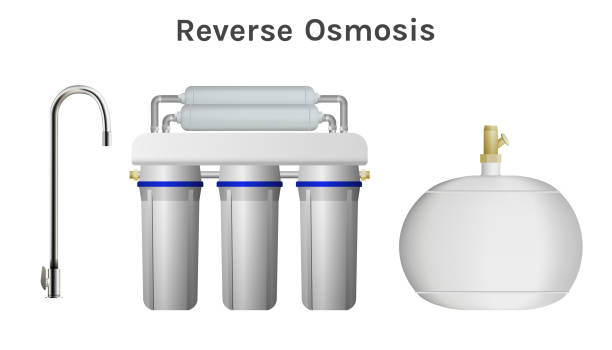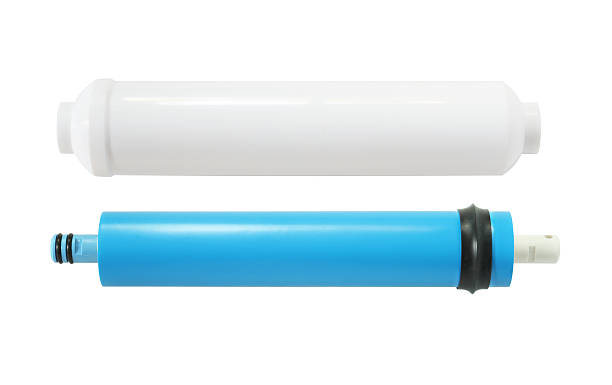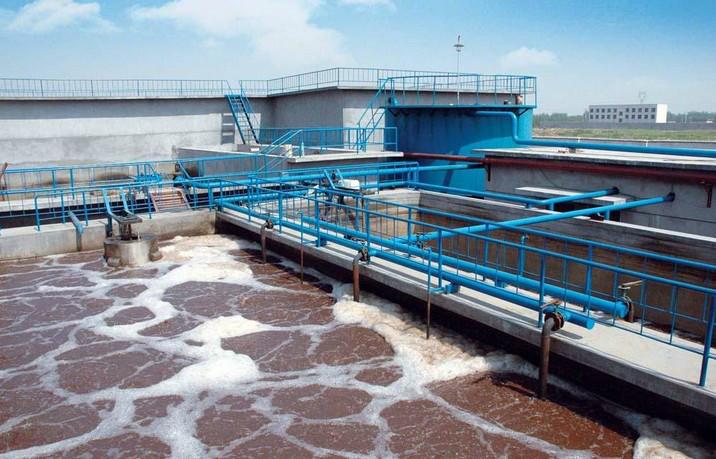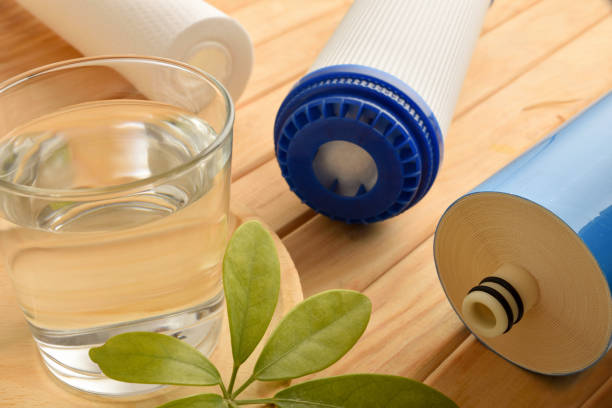 Management of reverse osmosis equipment during shutdown, as long as you master these management skills, easy to resume operations!
Management of reverse osmosis equipment during shutdown, as long as you master these management skills, easy to resume operations!
Oct .18.2024
The management of reverse osmosis equipment during shutdown, do you know what to do? Reverse osmosis equipment is a kind of water treatment equipment that utilizes a high-pressure pump to separate water molecules from a solution, which is widely used in industry, medical treatment, drinking and other fields. The advantage of reverse osmosis equipment is that it can effectively remove organic matter, inorganic matter, bacteria, viruses and other impurities in the water, and improve the quality and quantity of water. However, reverse osmosis equipment also has a disadvantage that it can not stop running for a long time, otherwise it will lead to the decline of the performance of the equipment, or even damage.
So, what matters do you need to pay attention to during the shutdown of reverse osmosis equipment? How to properly manage and maintain it? Today, I will share some professional knowledge and experience with you, and I hope it will help you.
 RO membrane high-pressure membrane: a wide range of applications show strong adaptability
RO membrane high-pressure membrane: a wide range of applications show strong adaptability
Oct .17.2024
Reverse Osmosis (RO) technology, as a key means of modern water resource treatment, plays an important role in global water resource management and protection with its efficient and precise separation characteristics. Among them, RO high-pressure membranes have demonstrated strong environmental adaptability and the ability to treat complex water quality due to their wide and unique range of applications. In this paper, we will discuss the advantages of RO high-pressure membrane in the scope of application and its practical significance.

 Management of reverse osmosis equipment during shutdown, as long as you master these management skills, easy to resume operations!
Management of reverse osmosis equipment during shutdown, as long as you master these management skills, easy to resume operations!
 RO Low Pressure Membrane: Widely Used in Multiple Fields to Create Efficient, Energy-Saving Water Solutions
RO Low Pressure Membrane: Widely Used in Multiple Fields to Create Efficient, Energy-Saving Water Solutions
 RO membrane high-pressure membrane: a wide range of applications show strong adaptability
RO membrane high-pressure membrane: a wide range of applications show strong adaptability
 Do you really understand the difference between high pressure reverse osmosis membranes and low pressure reverse osmosis membranes?
Do you really understand the difference between high pressure reverse osmosis membranes and low pressure reverse osmosis membranes?